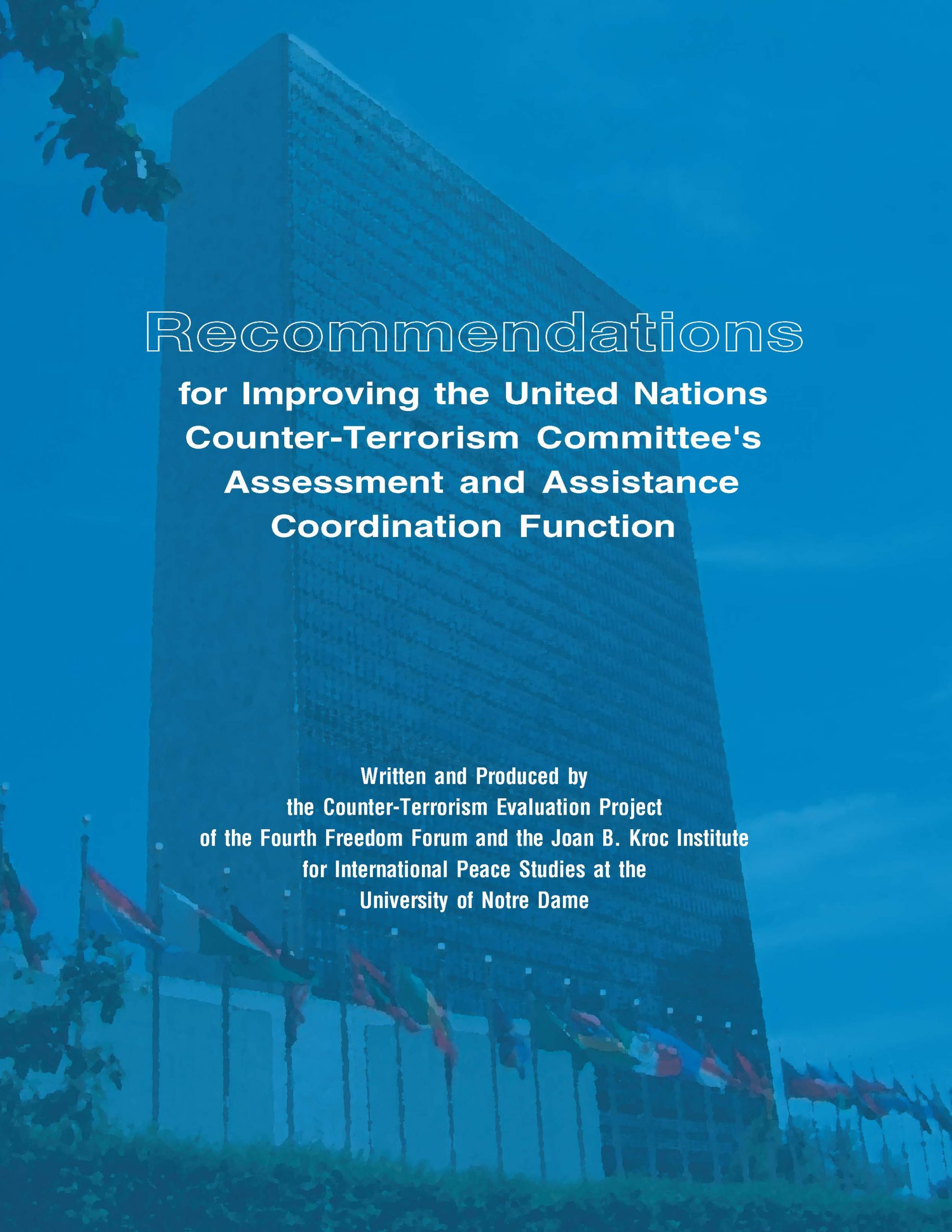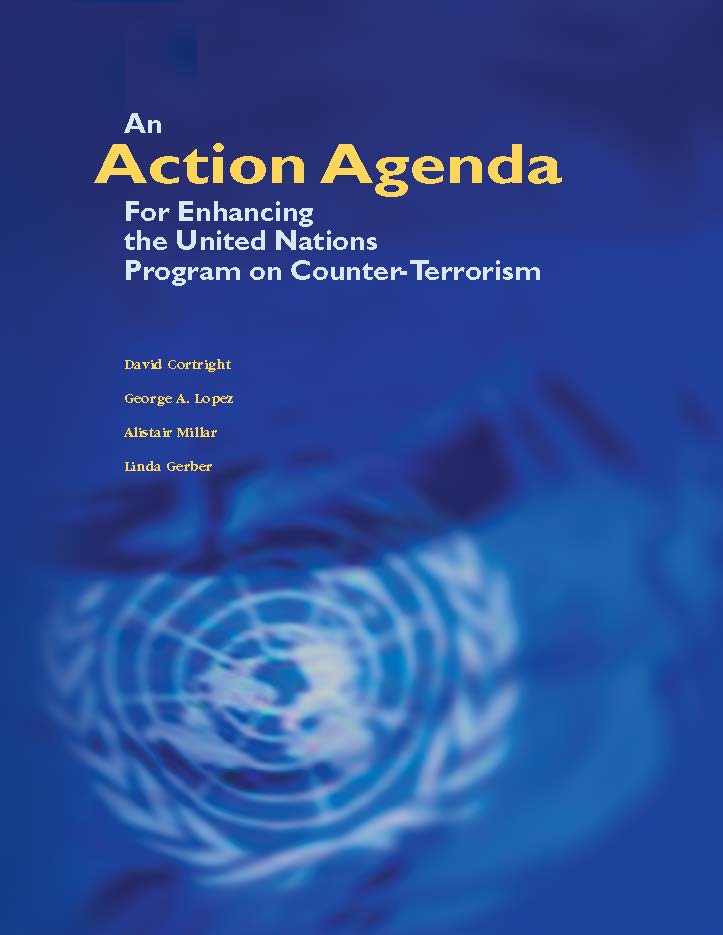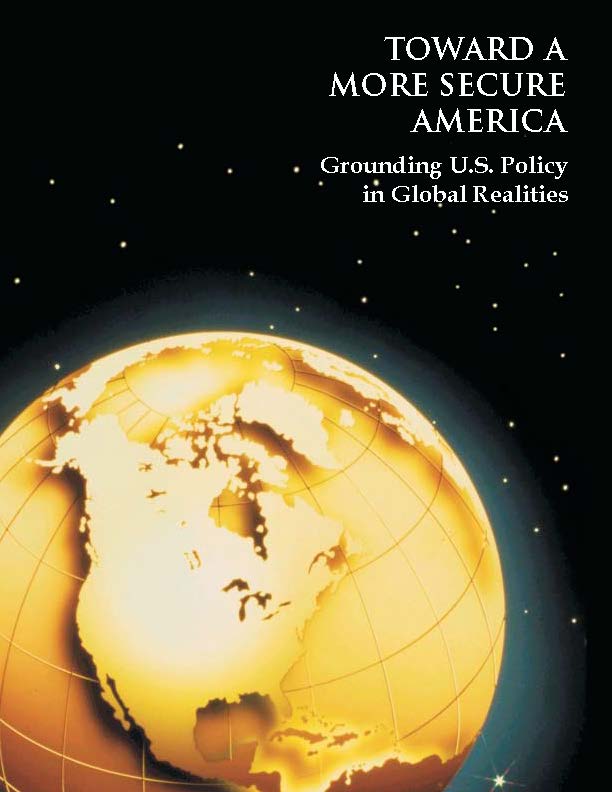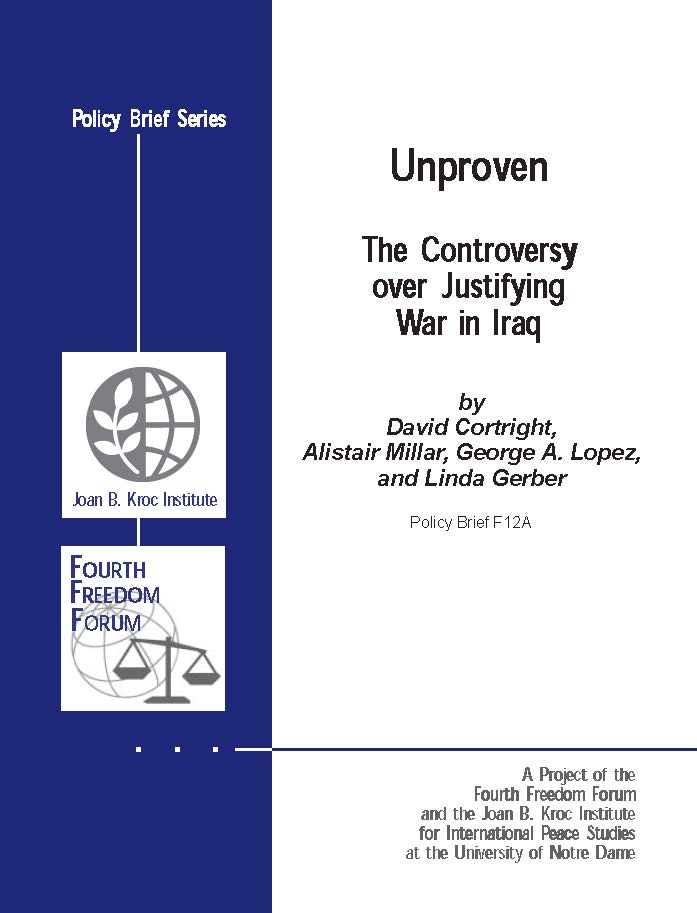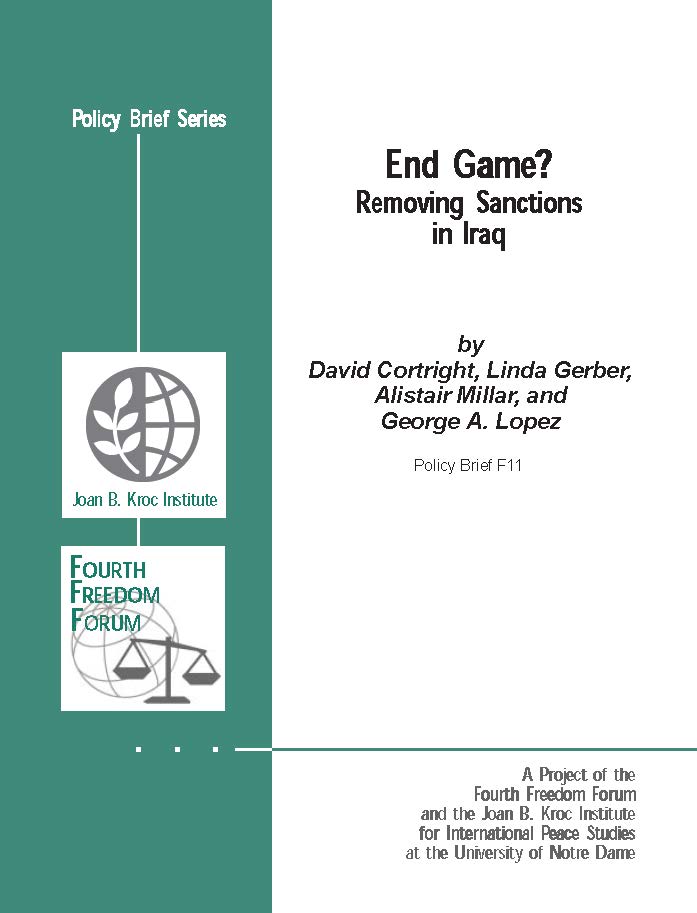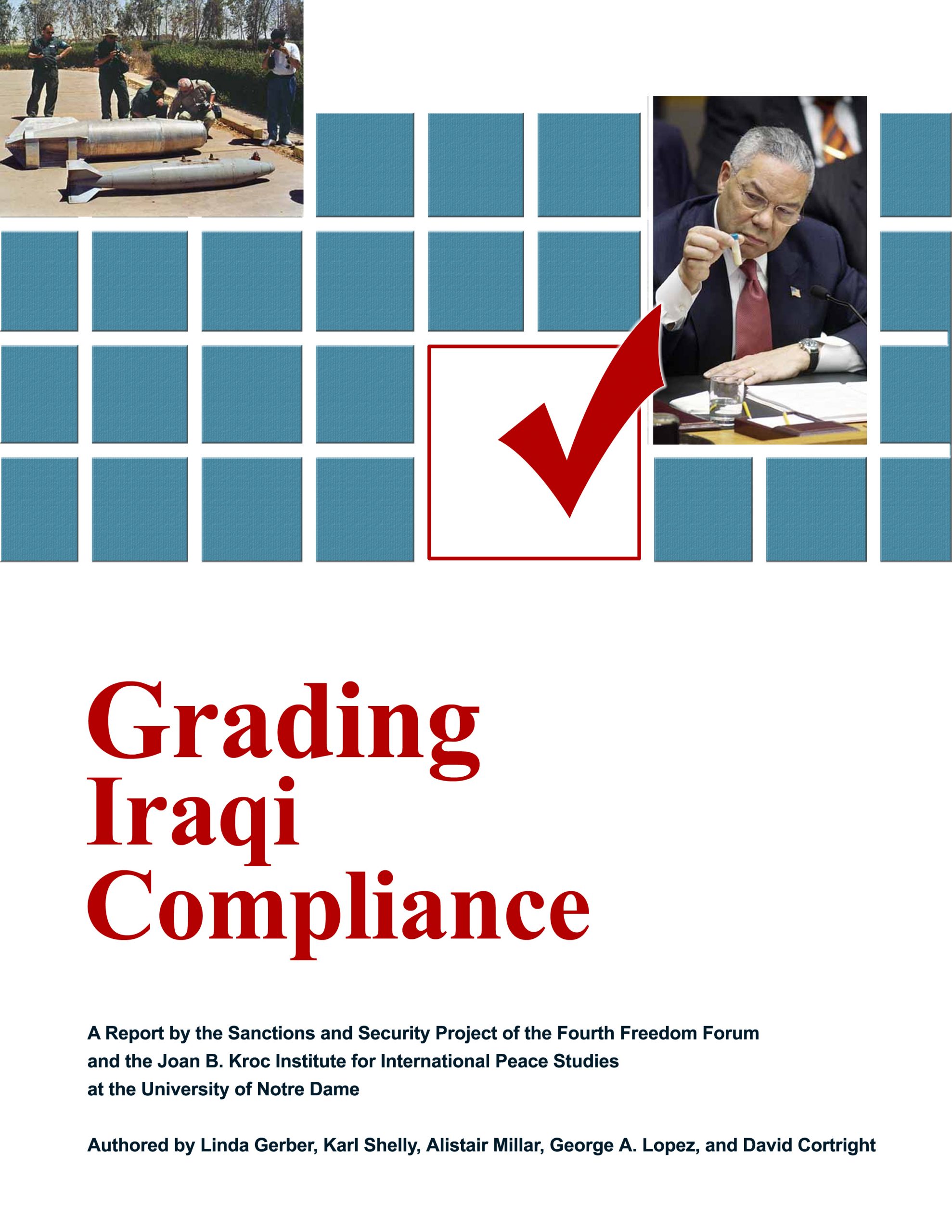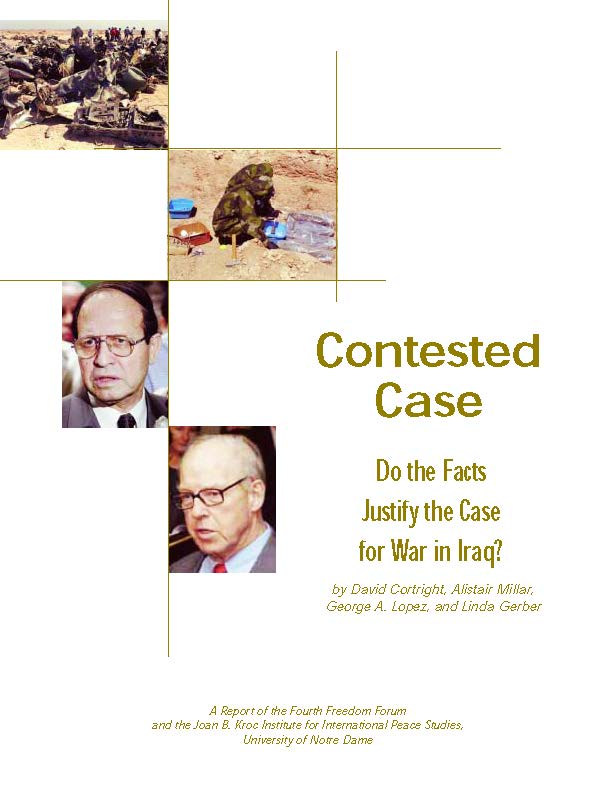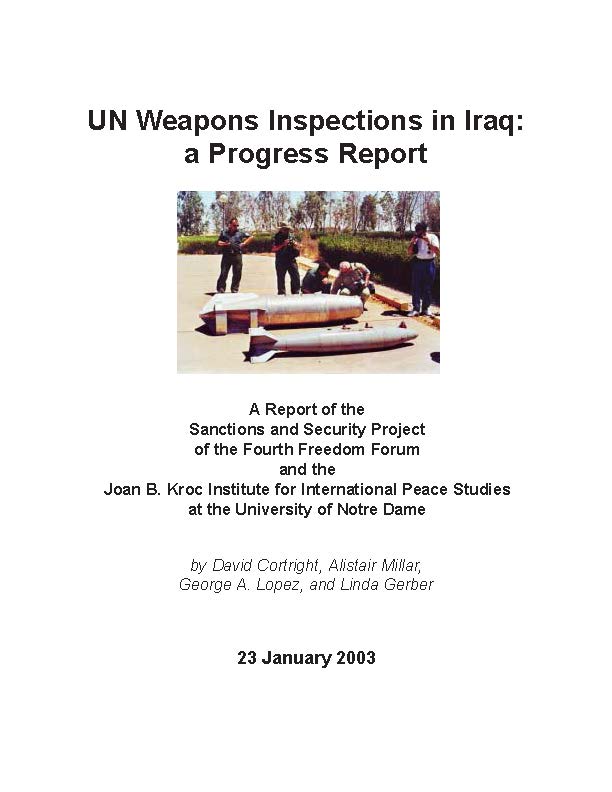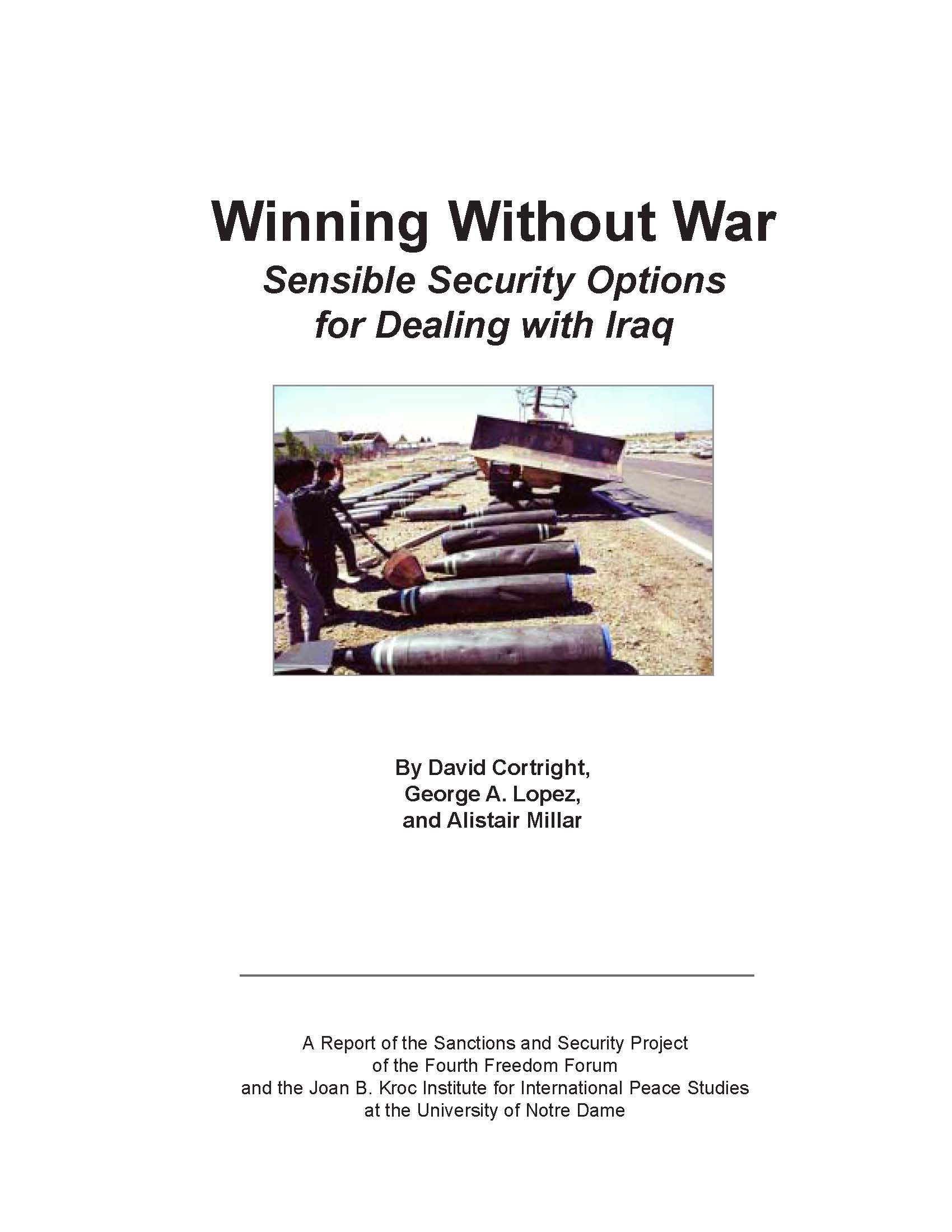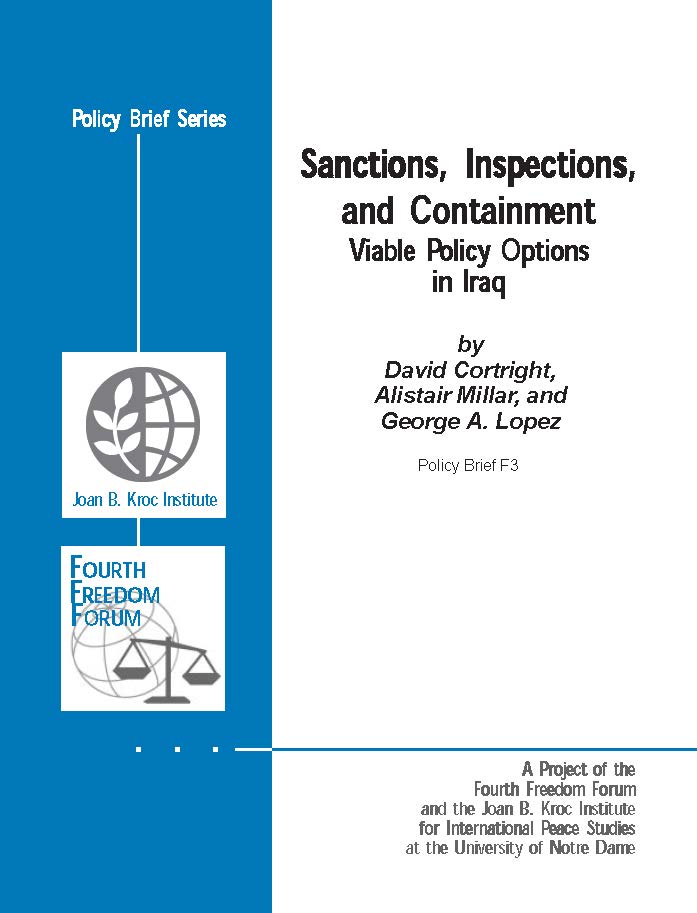Recommendations for Improving the United Nations Counter-Terrorism Committee’s Assessment and Assistance Coordination Function
Report — September 2005
This report provides recommendations for improving the United Nations Counter-Terrorism Committee’s assessment and assistance coordination function. Policy options outlined in the report include: High-level Panel report and CTED review process, conduct more credible needs assessments, improve CTC site-visits, improve international coordination, and develop and implement UN counter-terrorism standards and best practices.
